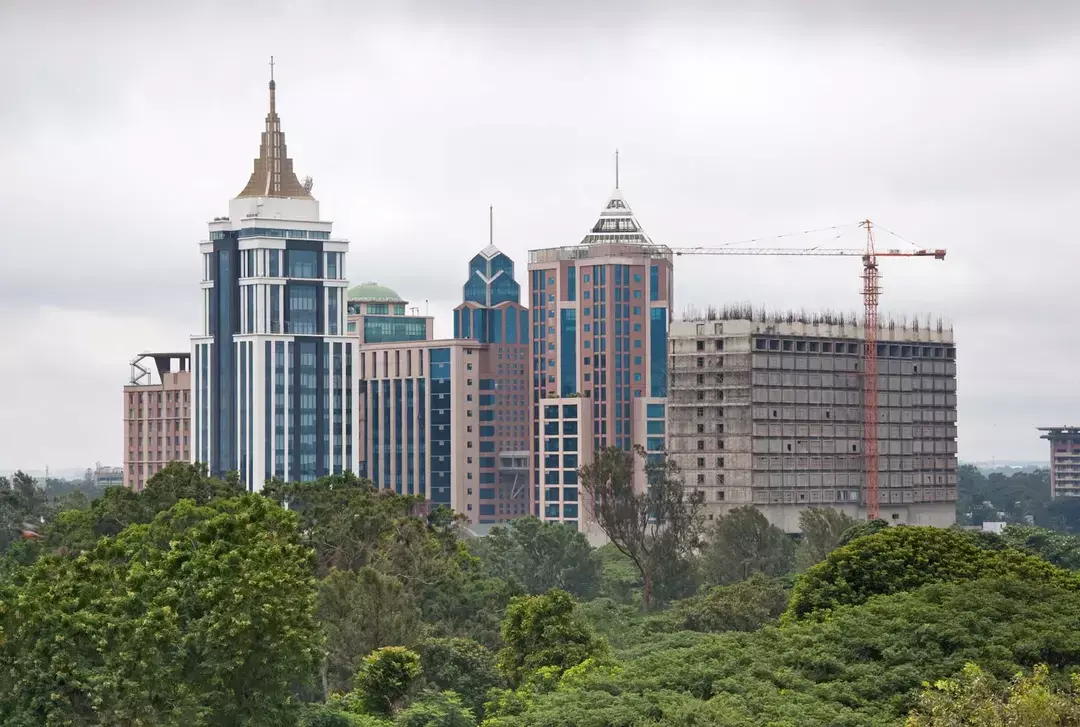
₹1,000 cr quantum tech hub plan unveiled in Karnataka
In a groundbreaking move, the state of Karnataka has launched a ₹1,000 crore plan to become Asia’s “Quantum Capital” by 2035. The ambitious mission, anchored around a futuristic Q-City near Bengaluru, aims to establish India as a leader in the quantum technology space. The plan includes a Quantum Hardware Park, support for over 100 startups, and 150 PhD fellowships, with the goal of creating 2 lakh jobs and driving India’s tech future.
The Quantum City, which will be built on a 100-acre plot near Bengaluru, will serve as the hub for the state’s quantum technology initiatives. The park will be equipped with cutting-edge facilities, including quantum research centers, chip-making facilities, and incubators for startups. The plan is to attract global partnerships and investments, with the aim of making Karnataka a preferred destination for quantum technology innovation.
The Quantum Hardware Park, a key component of the plan, will focus on developing and manufacturing quantum-enabled hardware, such as quantum computers and sensors. This will enable Indian companies to develop indigenous quantum technology solutions, reducing reliance on imports and creating a robust ecosystem for innovation.
The startup support program will provide funding, mentorship, and infrastructure to over 100 quantum technology startups, helping them to scale and grow. This will not only create jobs but also attract global talent to Karnataka. The 150 PhD fellowships will be awarded to students pursuing research in quantum technology, ensuring a steady supply of skilled professionals to the industry.
Karnataka’s plan to become Asia’s Quantum Capital is a bold move, reflecting the state’s commitment to driving innovation and entrepreneurship. The state has already made significant investments in developing its tech ecosystem, with Bengaluru being one of the top tech hubs in the country.
The quantum technology sector has immense potential, with applications in fields such as medicine, finance, and cybersecurity. As the world becomes increasingly dependent on technology, the demand for quantum-enabled solutions is likely to grow exponentially. By establishing a strong presence in the quantum technology space, Karnataka is positioning itself to be at the forefront of this growth.
The plan is not without its challenges, however. Developing a robust quantum technology ecosystem will require significant investments in infrastructure, talent, and research. The state will need to work closely with industry stakeholders, academia, and research institutions to ensure the success of the initiative.
Despite the challenges, the potential rewards are significant. The quantum technology sector is expected to create millions of jobs globally, with India being a significant player in this growth. By becoming Asia’s Quantum Capital, Karnataka will be well-positioned to benefit from this growth, creating a new wave of entrepreneurship and innovation in the state.
In conclusion, Karnataka’s ₹1,000 crore plan to become Asia’s Quantum Capital is a bold and ambitious initiative that has the potential to transform the state’s tech ecosystem. With its focus on quantum research, chip-making facilities, and startup support, the plan is likely to create a new wave of innovation and entrepreneurship in the state. As the world becomes increasingly dependent on technology, Karnataka is positioning itself to be at the forefront of this growth, making it an exciting time to be in the state.
News Source:
https://ascendants.in/business-stories/karnataka-quantum-city-investment-2025/





